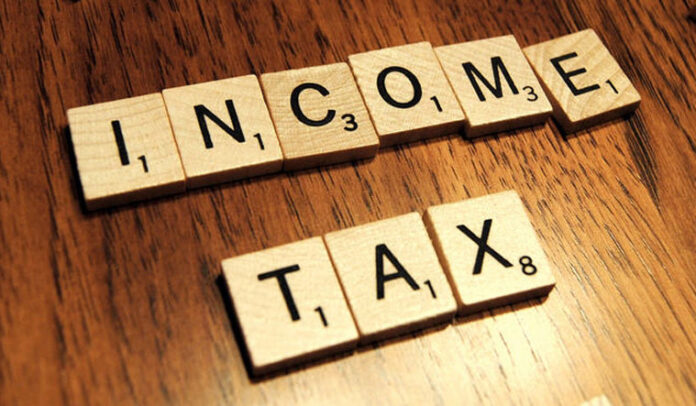Understanding Income Tax in Kenya by Millicent Mello
Income Tax is a direct tax on an individual or company. It is described as a direct tax because it is proportional to the tax payer’s size of income although Plato, the Greek philosopher, says “when there is an income tax, the just man will pay more and the unjust less on the same amount of income”. Indirect taxes are related to the consumption of taxable goods and services regardless of the size of the tax payer’s income.
Income Tax in Kenya is administered by the Commissioner of Income Tax at Kenya Revenue Authority. It is charged on income earned or generated in Kenya by both Resident and Non- Resident persons. All persons with Chargeable Pay must notify the Commissioner of the income, declare it and pay the tax thereon.
The process of notifying the commissioner is also known as ‘filing of returns’.
The Commissioner may appoint agents to collect income tax on his behalf and remit to him within a stipulated period. Such agents would be required to withhold tax at the point of payment. Pay As You Earn (PAYE) is one such tax, of which employers would be required to withhold income tax from the employees at the point of paying the monthly pay.

Let’s talk about PAYE
Pay As You Earn is a direct tax on your income. It appears as an entry on your monthly payslip slicing off upto 30% of your chargeable pay depending on the size of your income including salary, bonuses and other benefits.
The employer deducts the tax on employee’s chargeable income, withholds it at the time of payment and remits it to the Commissioner by the 9th day of the month following the month of deduction. The employer repeats the process every month for the full period of employment.
At the end of the year, the employer provides a P9 form which contains details of the total monthly chargeable pay and PAYE deducted thereon. This enables the employees to file their individual tax returns.
Conference Call Etiquette by Millicent Mello
So what is Chargeable Pay?
PAYE was first introduced in July 1966 by a gazette notice issued on 1st March 1966. The initial structure of the tax was such that marital status would have a direct effect on the taxpayer’s chargeable pay. A Single man’s chargeable pay would be monthly pay in excess of Kes. 360 per month, while a Married man’s chargeable pay would be monthly pay in excess of Kes 1,000 per month (almost three times that of single men).
At the time, the few women who were gainfully employed were not required to file returns on their own. A husband would be responsible for filing tax returns on his wife’s income – hence a woman’s income was deemed to belong to her husband, and would be taxed on her husband’s returns (but that is a story for another day).
Upon siring children, a further incentive called Child Allowance would follow. Married men with children earning more than Kes 1,000 were entitled to a further allowance which increased the allowable threshold to Kes 1,600.
For argument sake, let us assume the value of one shilling in 1966 would be about one hundred shillings today. This would mean that Single men ‘free pay’ would be up to 36,000; Married men free pay would be up to Kes 100,000 and Married men with children free pay would be up to Kes 160,000.
The assumption was that the men needed more money to feed their families, therefore increasing the free monthly pay would reduce the chargeable pay and in effect reduce the tax payable leaving more money in the men’s pockets to cater for family responsibilities. These thresholds were known as the ‘free monthly pay’. It was technically ‘free pay’ because it was not subjected to taxation. Any amounts above the thresholds was subjected to tax deduction hence referred to as Chargeable Pay. Now you know what Chargeable Pay means.
Quote:
The only thing that hurts more than paying an income tax is not having to pay an income tax – Thomas Dewar.

Millicent Mello is an experienced banker, having worked with some of Kenya’s leading commercial banks. She is also a business writer and mentor.
To reach her, email [email protected]











This is a very informative article delivered with the kind of simplicity that would make any person understand the basics of income tax. Kudos to the author!
Thank you but I would like you to use some examples to explain to me.